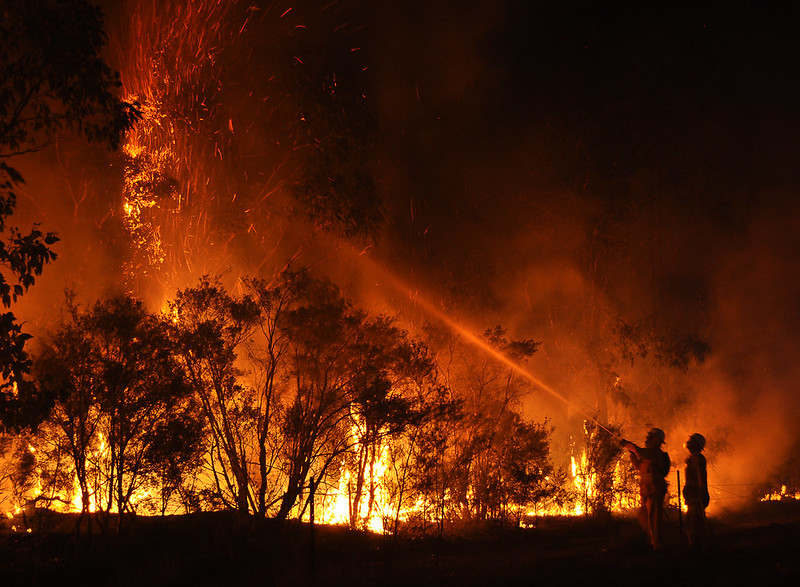News
The data behind the new IPCC report
Posted on August 9, 2021 (Last modified on October 19, 2023) • 2 min read • 396 wordsClimate Change 2021: The Physical Science Basis - the Working Group I Contribution to the Intergovernmental Panel on Climate Change’s Sixth Assessment Report - has been released today. This regular assessment provides policymakers with information on the physical science of climate change. Data from key figures of the Summary for Policymakers (SPM) section are now available for anyone to access from the CEDA Archive - with more data expected in the coming months. This is the first time SPM figure data has been available on the same day as report publication.
The CEDA team, as part of its role as a member of the IPCC-DDC (Data Distribution Centre), has been working closely with the IPCC WGI Technical Support Unit and the Task Group on Data Support for Climate Change Assessments Group (TG-DATA) to ensure data are easily accessible. All data is completely open access. At present, data covers figures from the ‘Summary for Policymakers’ section of the report.
Openly sharing data ensures a greater level of reproducibility in science. Key contributors to the figures are individually recognised via publication on the data catalogue pages. Providing individual recognition for contributions to the data enables data creators to receive recognition via citations. The IPCC Secretariat have described CEDA’s work as “an important milestone in the open science dimension of IPCC”.
In addition to archiving figure data for the report. CEDA have also contributed through archival of important input climate data, like CMIP6, and by providing analysis capabilities through JASMIN - both proving to be important resources for research feeding into the IPCC assessment report.
CEDA helped to improve access to the climate projection data behind the report by undertaking quality control work and developing a data subsetter tool - making complex climate data more accessible for users outside of the core climate community, by making it easier to get at the data they need.
The work that CEDA, and partners, do is essential to continue to simplify and improve access to these important datasets.

*Image: Forest fires in Wales, UK.
The sixth assessment report states: Human-induced climate change is already affecting many weather and climate extremes in every region across the globe. Evidence of observed changes in extremes such as heatwaves, heavy precipitation, droughts, and tropical cyclones, and, in particular, their attribution to human influence, has strengthened since the Fifth Assessment Report (AR5).*